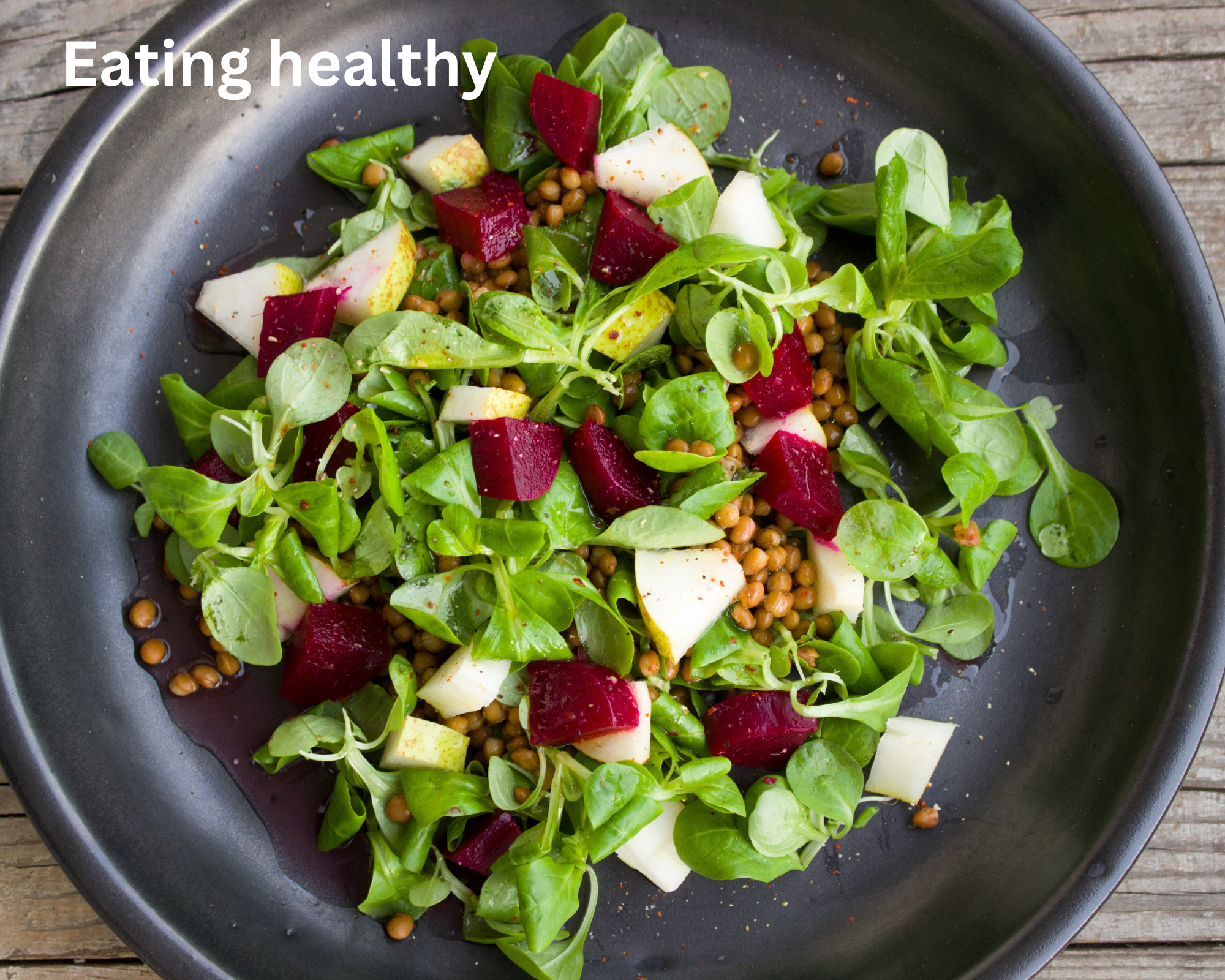By, Annur Yamin binti Basuni
As health consciousness has increased, the demand for healthy food has skyrocketed as people increasingly prioritize wellness and nutrition. Supermarkets and markets are filled with products labeled as “healthy,” “organic,” or “natural,” often accompanied by promises of better health at affordable prices. However, this growing trend has also opened the door to misconceptions and unethical actions that may harm both consumers and the environment.
The Misconception: Healthy Equals Safe
For many, the term “healthy food” invokes trust. Shiny fruits, vibrant vegetables, and lean meats seem like obvious choices for a nutritious diet. But what happens when affordability becomes the priority? Often, the allure of cheap “healthy” food overshadows the reality that these products may not be as safe as they appear.
One common practice is the injection of growth hormones or ripening agents into food products. Fruits and vegetables are artificially enhanced to look more appealing, while meat, chicken or duck are treated with chemicals to boost size or prolong freshness. These practices not only mislead consumers but also pose significant health risks.
These are the examples of cheap healthy products that have been going viral and attracting the consumers nowadays because of the cheap price, especially shine muscat that sell in the morning market with an unreasonable price.
Proses Penyuntikan Ayam! Waspada Ayam Suntikan Beredar!
ANGGUR IMPORT | KPKM Siasat ‘Shine Muscat’ Didakwa Ada Kimia Berbahaya
Keselamatan Makanan: KKM sahkan sampel anggur ‘shine muscat’ tiada residu racun perosak
Hidden Dangers in “Healthy” Foods
According to the National Library of Medicine, chemical contamination may occur at any point of various stages of processing, packaging, transportation and storage of food. Injections and additives used in cheap “healthy” foods often contain harmful effects:
- Hormonal Imbalances: Growth hormones in meat can disrupt the body’s natural hormonal functions, leading to long-term health issues.
- Chemical Residues: Ripening agents like calcium carbide in fruits can cause gastrointestinal problems and even lead to chronic illnesses.
- Antibiotic Resistance: Overuse of antibiotics in livestock contributes to the global issue of antibiotic resistance, making infections harder to treat.
Consumers who unknowingly purchase these products are left vulnerable to health risks that contradict the very purpose of eating healthy.
Sustainability at Stake
Beyond individual health, the production of cheap “healthy” food often involves unsustainable agricultural practices. Excessive use of synthetic fertilizers and pesticides damages soil health, pollutes water sources, and harms biodiversity. The focus on mass production to meet market demands further exacerbates environmental degradation.
Supporting these unethical practices undermines the principles of sustainable development, particularly the goals of promoting good health and well-being (SDG 3) and ensuring responsible consumption and production (SDG 12).
How to Protect Yourself
There are also sellers offering affordable yet authentic healthy products but to avoid falling prey to misleading “healthy” options, consumers can take the following steps:
- Read Labels Carefully: Look for certifications such as “organic” or “free-range” that indicate stricter quality control.
- Buy Local: Support local farmers and markets, where you can inquire directly about farming practices.
- Educate Yourself: Learn about common additives and how to identify food injected with harmful substances.
- Inspect Food: Check for unnatural appearances, like overly shiny fruits or abnormally large chicken pieces, which could indicate artificial enhancements.
Conclusion
Healthy eating should never come at the cost of health itself. By addressing the misconceptions surrounding cheap “healthy” food and encouraging sustainable practices, we can build a future where nutrition and safety go hand in hand. The next time you’re tempted by a “bargain” in the produce section, remember: true health is worth the cost.***
- Double Win: Best Paper and Best Presenter Awards at ICoGESD 2025 - December 3, 2025
- AHAS KIRKHS ‘Ibādah Camp 2025: Empowering the Role of Murabbi for a Resilient Ummatic Future - December 1, 2025
- GALEP 2.0 – Fostering Global Academic Leadership - November 27, 2025
